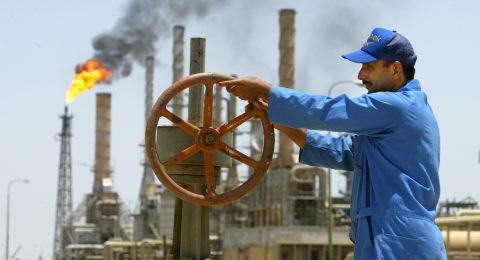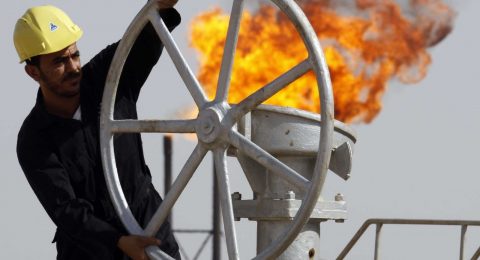Digitalization and the use of advanced technology has become one of the important pillars of the oil and gas industry. It is a global trend among the petroleum operators to keep production sustainability in a safe and easy environment. Nowadays, advanced technology is a key factor in wells’ drilling, operation and production. Advanced technology has become necessary especially for optimizing production from deep-water, high-risk, complicated and uneconomical wells. In response to this, Smart wells have evolved.
Smart Wells: New Evolved Technology
Smart wells, also known as ‘intelligent wells’, are wells equipped with pre-installed high technology devices in the wellbore, which allow engineers to monitor and control the well from the surface electrically or hydraulically. Also, they have the ability to self-control, collect and analyze the data. According to a paper talking about smart oil and gas wells published by the International Journal of Petrochemistry and Research, the idea of smart wells started with real-time gauges which can be installed downhole to read the pressure and temperature. It also described the term ‘smart well’ to include smart ways of the drilling process.
A study entitled “Review of Intelligent Well Technology” explained how smart wells are working. It stated that the “data such as downhole temperature, pressure, flow, composition collected by the well sensor is fed back to the uphole system in real time. Then, this data will be deeply processed, analyzed and judged on the software platform. After that, a reservoir management decision instruction is formed and transmitted to the downhole production tool for remote operation via the wireless communication control system.”
Smart Well System Composition
According to the previously mentioned review, the smart well system consists of two parts: ground equipment and downhole equipment. This equipment includes downhole information detection and acquisition system, production fluid control system, data information transmission system and uphole data analysis system. When the formation pressure is not enough, the reservoir energy can be restored through updating the production rate. This may effectively control the interlayer interference, delay the water breakthrough, prevent the water content, prolong the high-efficiency drilling time of the reservoir, optimize production of the oil well and, therefore, boost oil and gas production.
Remarkable Features
As noted previously, smart well systems have significant characteristics. The main important benefit is that it can be managed remotely without intervention, which is economical especially when we deal with deep-water platforms and risky reservoirs, like in oceans. In addition, smart well allow for the installation of valves thousands of feet below the surface through hydraulic and electric power. A paper written by Ellie Kitanidis about smart wells elaborated that these valves can be adjusted to minimize the production of water and any other unwanted outflows, which impact the volume of oil recovery.
According to Schlumberger, intelligent well systems can increase production by 20%, decrease the amount of water by 90% and decrease water injection by 60%; so that it can increase the profitability of the investment. It can also increase the Net Present Value (NPV) by reducing the number of the drilled wells, workovers and intervention operations. So, smart well systems are excellent solutions that result in optimizing the production and recovery of unconventional reservoirs to meet the growing demand for oil and gas.








